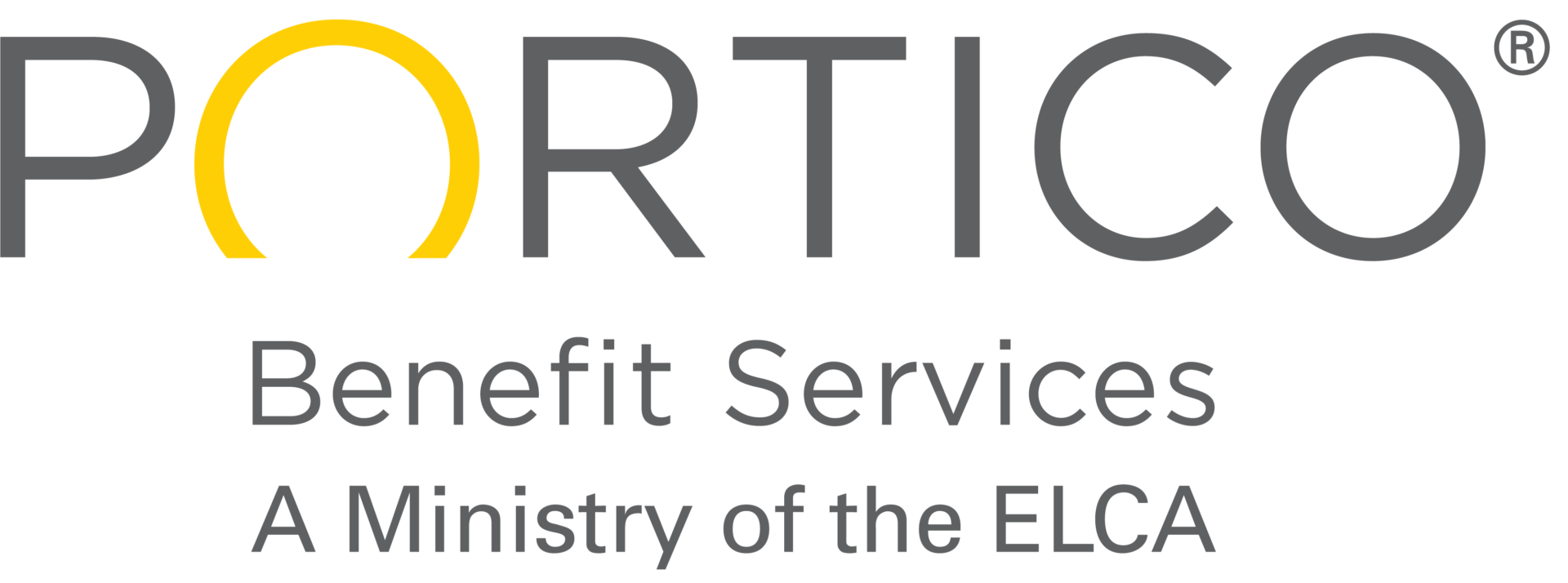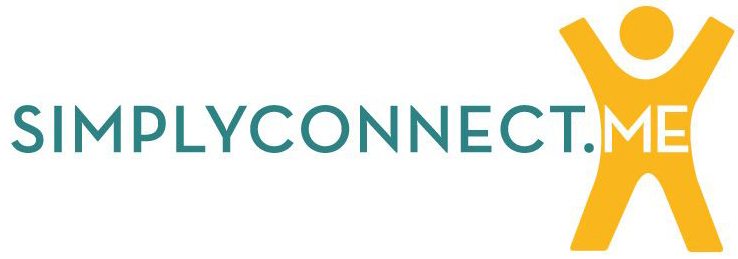Following the unveiling Tuesday of the broad outline of a $3.5 trillion budget reconciliation package that would enact many of the “human infrastructure” provisions included in President Biden’s American Jobs Plan and American Families Plan, most Senate Democrats reacted positively. More time will be needed, however, to secure the support of all 50 Senate Democrats for a fiscal year 2022 budget resolution, the first step in passing the package via the filibuster-proof reconciliation process.
Conservatives, including Sen. Joe Manchin (D-WV), continue to take issue with the cost of the legislation, while progressives have expressed concern that the bill does not spend enough money on key priorities like childcare. While the initial outline for the package does not contain much detail on individual policy provisions or specific dollar amounts for programs that it includes, it does contain language indicating that the President’s proposed expansion of home- and community-based services (HCBS) will be included.
Senate Majority Leader Chuck Schumer (D-NY) said Wednesday he is still confident that the Senate will adopt the budget resolution, as well as pass a separate bipartisan traditional infrastructure bill that will require 60 votes to move through regular order, before the chamber departs for its August recess. House leadership also hopes to pass the budget resolution before August, with work and passage on the substantive legislation itself to come in the fall.
Lutheran Services in America continues to advocate in support of key provisions of the President’s proposals, particularly the $400 billion home and community-based services (HCBS) investment (which is outlined in the Better Care Better Jobs Act, S. 2210/H.R. 4131) and a provision for $213 billion for affordable housing and homelessness services, and is urging the inclusion of the WORK NOW Act legislation (S. 740) to provide nonprofit health and human services organizations funding to pay wages, salaries, and benefits to retain staff and meet services’ demand.











